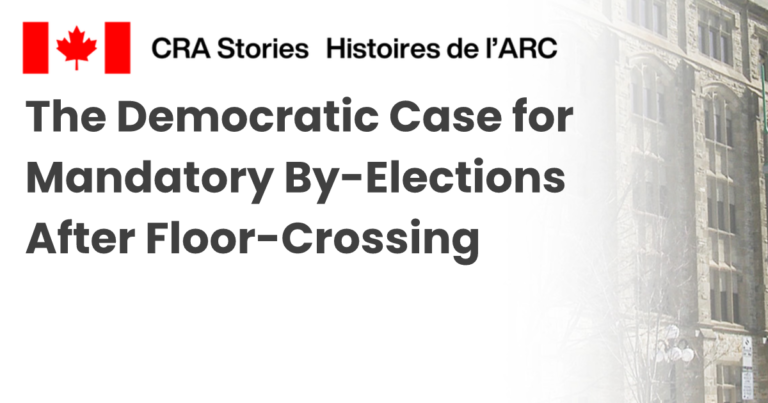The Canada Revenue Agency: Building Trust and Accountability
The Role of the Canada Revenue Agency
The Canada Revenue Agency (CRA) plays a vital role in the functioning of our country. Its primary responsibility is to administer tax laws and ensure that individuals and businesses comply with their tax obligations. By collecting taxes, the CRA funds essential government services and programs that benefit all Canadians.
Working for the People
While some may feel that the CRA is attacking individuals and businesses, it is important to understand that their actions are driven by the need to maintain fairness and equity in the tax system. The CRA’s goal is not to target or harm taxpayers, but rather to ensure that everyone pays their fair share of taxes.
By enforcing tax laws, the CRA ensures that individuals and businesses contribute to the overall welfare of the country. This includes funding healthcare, education, infrastructure, and other essential services that benefit all Canadians. Without a robust tax system, these services would be severely compromised.
Building Public Trust
While the CRA’s mandate is clear, it is essential for the agency to build public trust and demonstrate accountability in its actions. Transparency and effective communication are key to achieving this. The CRA should strive to provide clear and understandable information to taxpayers, ensuring they are aware of their rights and obligations.
Efforts should be made to simplify the tax system, reducing complexity and confusion for individuals and businesses. This will help foster a sense of trust and cooperation between taxpayers and the CRA. Additionally, the agency should be responsive to public concerns and feedback, addressing issues promptly and efficiently.
Addressing Concerns: CRA Stories
It is understandable that some individuals and businesses may have negative experiences or concerns when dealing with the CRA. However, it is important to remember that these stories represent a small fraction of the overall interactions between taxpayers and the agency.
The CRA has mechanisms in place to address complaints and resolve disputes. Taxpayers who feel they have been treated unfairly can seek recourse through the agency’s formal complaint process. It is crucial for individuals to provide accurate and complete information when dealing with the CRA, as this helps facilitate a fair and efficient resolution.
Conclusion
The Canada Revenue Agency plays a crucial role in funding essential government services and programs. While it may be perceived by some as attacking individuals and businesses, its actions are driven by the need for fairness and equity in the tax system. Building public trust and accountability should be a priority for the CRA, ensuring transparency, effective communication, and responsiveness to public concerns. By working together, we can create a tax system that benefits all Canadians and supports the growth and development of our country.




